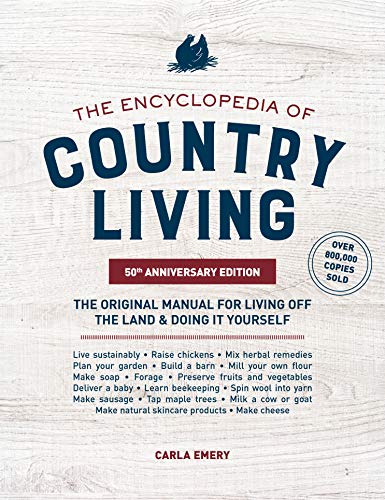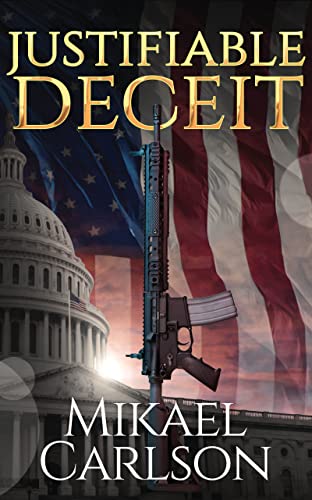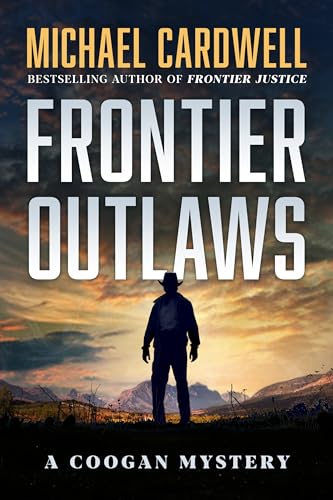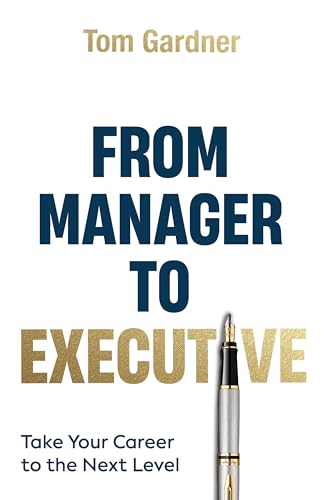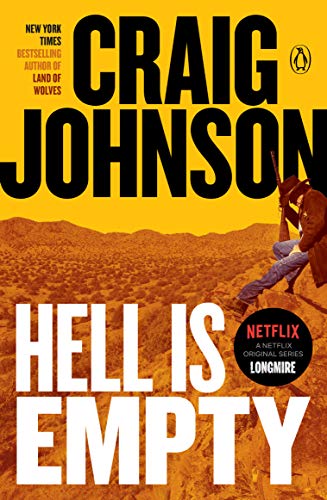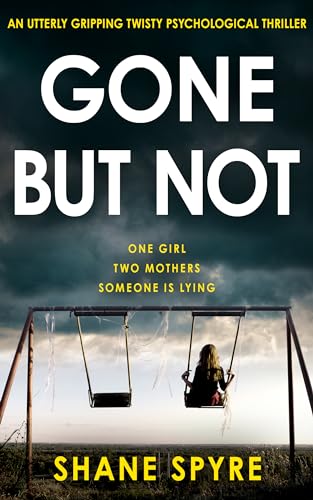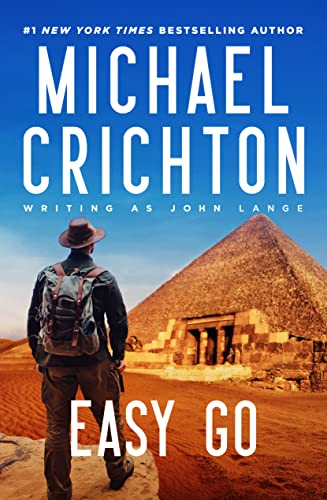‘Forward, the Light Brigade!’
Was there a man dismay’d ?
Not tho’ the soldier knew
Some one had blunder’d:
Their’s not to make reply,
Their’s not to reason why,
Their’s but to do and die:
Into the valley of Death
Rode the six hundred.
By Stephen Windwalker
It would be possible, from reading the mainstream business and tech media and even at times from reading posts on this blog, to get the idea that everyone associated with the traditional book publishing industry is marching in lockstep with the kind of dinosaur views expressed so cavalierly of late by some publishers, pundits, authors, and $1,959 tablet manufacturers.
Fortunately, this is not the case. While much of the industry continues to speak in unison about its master plan to survive in an ever-more-competitive marketplace by mandating that ebook prices be raised by 30 to 50 percent while demanding smaller wholesale payments from Amazon, there have strong indications from some, including even Big Six publishing executives like Random House’s Madeline McIntosh that there will be significant abstention, perhaps with enough power to reverse the order of march, from the Apple Five’s lemming-like march “into the valley of Death.”
If there is any single individual to whom McIntosh and her colleagues should be paying close attention these days, it’s Jason Epstein. Epstein knows more about the traditional book publishing business than anyone else in the world, having created the Vintage and Anchor paperback imprints for Random House and Doubleday, co-founded the New York Review of Books, and written the best book that I have read on the glory years and the subsequent decline of the best American book publishers of the 20th century. He has demonstrated his openness to new digital publishing directions by co-founding On Demand Books, which manufactures and sells the Espresso Book Machine. His thinking deserves their attention both because he is very much of their industry and also because he understands why it is doomed in its current incarnation and how it can make the most of its own greatest strengths in the changing landscape of 21st century book publishing.
You can get a good sense of what Epstein sees in the first half of this January 2010 interview with Charlie Rose, but for a more comprehensive understanding of where book publishing is and where it is going, I strongly encourage you to read his piece, “Publishing: The Revolutionary Future,” in the March 11 issue of the New York Review of Books.
I use the word “magnificent” to describe Epstein’s piece because he delivers so comprehensively on his stature as perhaps the single individual best positioned to understand its sweep, evident in these first three sentences:
The transition within the book publishing industry from physical inventory stored in a warehouse and trucked to retailers to digital files stored in cyberspace and delivered almost anywhere on earth as quickly and cheaply as e-mail is now underway and irreversible. This historic shift will radically transform worldwide book publishing, the cultures it affects and on which it depends. Meanwhile, for quite different reasons, the genteel book business that I joined more than a half-century ago is already on edge, suffering from a gambler’s unbreakable addiction to risky, seasonal best sellers, many of which don’t recoup their costs, and the simultaneous deterioration of backlist, the vital annuity on which book publishers had in better days relied for year-to-year stability through bad times and good.
Epstein is no partisan of the Kindle or of Amazon: “My rooms are piled from floor to ceiling with books so that I have to think twice about where to put another one,” he says. “If by some unimaginable accident all these books were to melt into air leaving my shelves bare with only a memorial list of digital files left behind I would want to melt as well for books are my life.”
But unlike many ideology-bound pundits he is able to see today’s realities clearly without allow affinity or self-interest to taint views such as these:
- With the earth trembling beneath them, it is no wonder that publishers with one foot in the crumbling past and the other seeking solid ground in an uncertain future hesitate to seize the opportunity that digitization offers them to restore, expand, and promote their backlists to a decentralized, worldwide marketplace. New technologies, however, do not await permission.
- The resistance today by publishers to the onrushing digital future does not arise from fear of disruptive literacy, but from the understandable fear of their own obsolescence and the complexity of the digital transformation that awaits them, one in which much of their traditional infrastructure and perhaps they too will be redundant.
- [A]ll the world’s books will eventually reside as digital files to be downloaded instantly title by title wherever on earth connectivity exists, and printed and bound on demand at point of sale one copy at a time by the Espresso Book Machine as library-quality paperbacks, or transmitted to electronic reading devices including Kindles, Sony Readers, and their multiuse successors, among them most recently Apple’s iPad. The unprecedented ability of this technology to offer a vast new multilingual marketplace a practically limitless choice of titles will displace the Gutenberg system with or without the cooperation of its current executives.
- Digitization makes possible a world in which anyone can claim to be a publisher and anyone can call him- or herself an author. In this world the traditional filters will have melted into air and only the ultimate filter—the human inability to read what is unreadable—will remain to winnow what is worth keeping in a virtual marketplace where Keats’s nightingale shares electronic space with Aunt Mary’s haikus.
- With inventory expense, shipping, and returns eliminated, readers will pay less, authors will earn more, and book publishers, rid of their otiose infrastructure, will survive and may prosper.
- Digitization will encourage an unprecedented diversity of new specialized content in many languages. The more adaptable of today’s general publishers will survive the redundancy of their traditional infrastructure but digitization has already begun to spawn specialized publishers occupying a variety of niches staffed by small groups of like-minded editors, perhaps not in the same office or even the same country, much as software firms themselves are decentralized with staff in California collaborating online with colleagues in Bangalore and Barcelona.
- The cost of entry for future publishers will be minimal, requiring only the upkeep of the editorial group and its immediate support services but without the expense of traditional distribution facilities and multilayered management.
- As conglomerates resist the exorbitant demands of best-selling authors whose books predictably dominate best-seller lists, these authors, with the help of agents and business managers, will become their own publishers, retaining all net proceeds from digital as well as traditional sales.
- Traditional territorial rights will become superfluous and a worldwide, uniform copyright convention will be essential.
- Without the contents of our libraries—our collective backlist, our cultural memory—our civilization would collapse. By the mid-Eighties I had become aware of the serious erosion of publishers’ backlists as shoals of slow-moving but still viable titles were dropped every month. There were two reasons for this: a change in the tax law that no longer permitted existing unsold inventory to be written off as an expense; but more important, the disappearance as Americans left the cities for the suburbs of hundreds of well-stocked, independent, city-based bookstores, and their replacement by chain outlets in suburban malls that were paying the same rent as the shoe store next door for the same minimal space and requiring the same rapid turnover.
- This demographic shift turned the book business upside down as retailers, unable to stock deep backlist, now demanded high turnover, often of ephemeral titles. Best-selling authors whose loyalty to their publishers had previously been the norm were now chips in a high-stakes casino: a boon for authors and agents with their nonrecoverable overguarantees and a nightmare for publishers who bear all the risk and are lucky if they break even. Meanwhile, backlist continued to decline. The smaller houses, unable to take these risks, merged with the larger ones, and the larger ones eventually fell into the arms of today’s conglomerates.
- [D]igitization and its buzzword, disintermediation … meant that publishers could now look forward to marketing a practically limitless backlist without physical inventory, shipping expense, or unsold copies returned for credit. Customers would pay in advance for their purchases. This meant that even Amazon’s automated shipping facilities would eventually be bypassed by electronic inventory. This was twenty-five years ago. Today digitization is replacing physical publishing much as I had imagined it would.
- Relatively inexpensive multipurpose devices fitted with reading applications will widen the market for e-books and may encourage new literary forms, such as Japan’s cell-phone novels. Newborn revolutions often encourage utopian fantasies until the exigencies of human nature reassert themselves. Though bloggers anticipate a diversity of communal projects and new kinds of expression, literary form has been remarkably conservative throughout its long history while the act of reading abhors distraction, such as the Web-based enhancements—musical accompaniment, animation, critical commentary, and other metadata—that some prophets of the digital age foresee as profitable sidelines for content providers.
- The huge, worldwide market for digital content … is not a fantasy. It will be very large, very diverse, and very surprising: its cultural impact cannot be imagined. E-books will be a significant factor in this uncertain future, but actual books printed and bound will continue to be the irreplaceable repository of our collective wisdom.
At the risk of possibly pushing the limits of fair use, I’ve tried to tempt you with a taste here, but if you care about where reading and the book business are going I anticipate that you will take time to sit down for the entire meal.
and somewhere between “over 46,000” and “about 60,000” for theiBooks Store.)
is new because, despite having been around since the 90s, it’s full of new content each and every day. (By the way, it was Len to the best of my knowledge who coined the excellent word “Kindlesphere” that I throw around so liberally, and if you see him around Harvard Square this week be sure to join me in congratulating him on his daughter’s wedding Saturday.)

